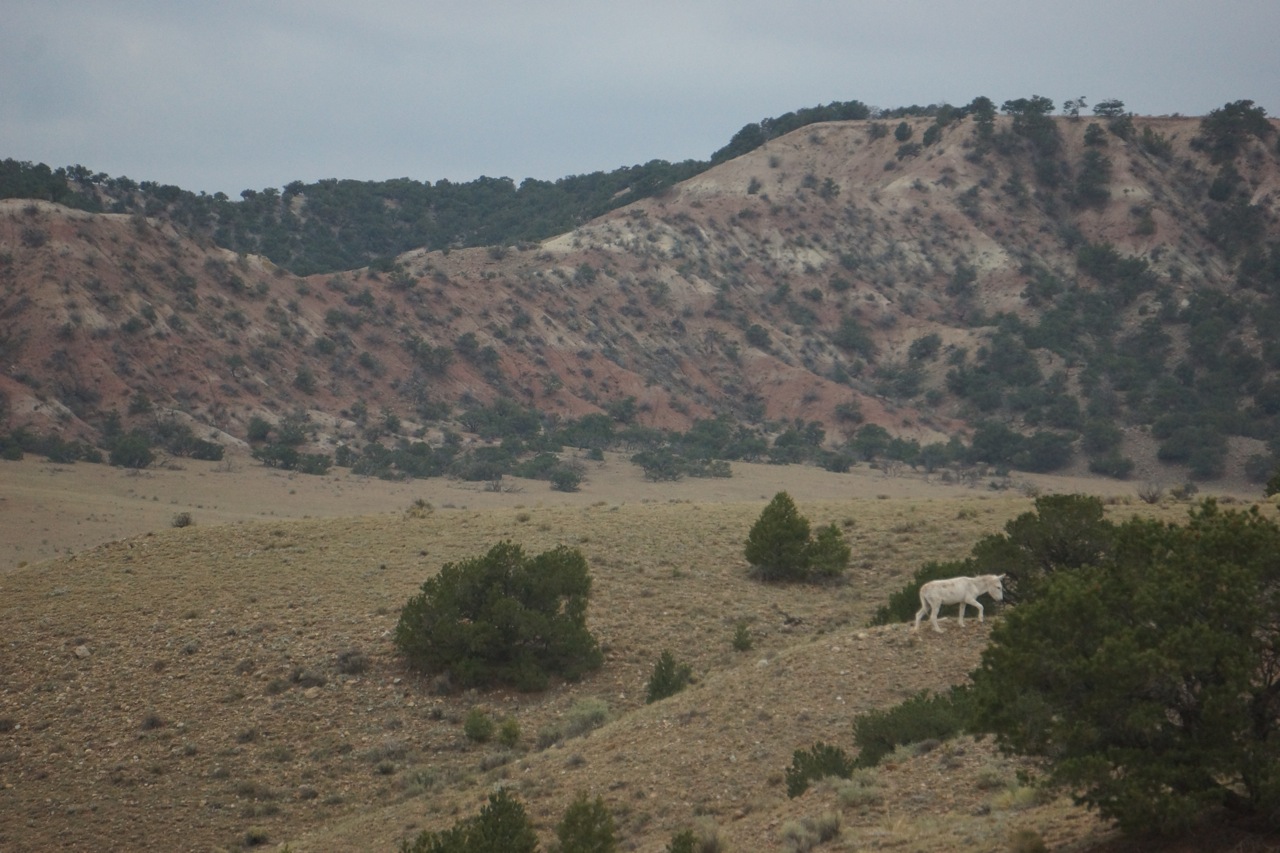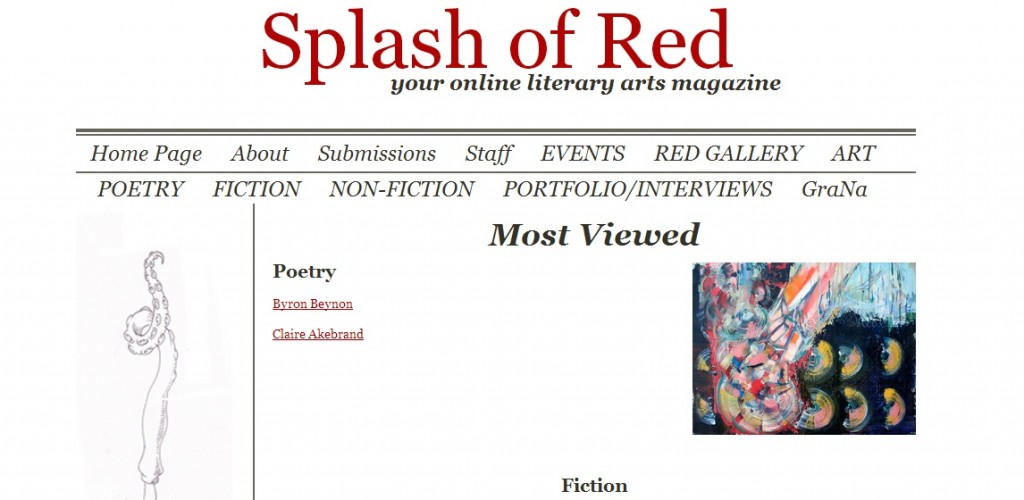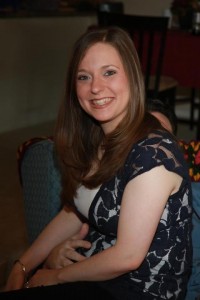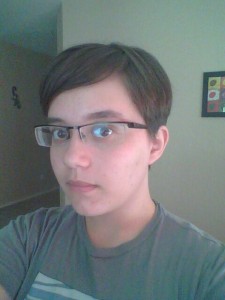 Ljubo Popovich, Poetry Editor from Issue 8, shares some thoughts about his time at ASU and his discovery of non-Western literature.
Ljubo Popovich, Poetry Editor from Issue 8, shares some thoughts about his time at ASU and his discovery of non-Western literature.
I always thought that my parents and elders were pulling my leg when they told me to enjoy my college years – that they are the best years of my life and so forth. When I was in college I came close to feeling overwhelmed with schoolwork, and I never got heavily into the social life of the students that lived on campus, of going to the football games or participating in clubs or fraternities. I had a few friends, but my main concern was getting out into the world, and getting through this period of uncertainty and dread of the future. Eventually, I switched my major (twice), and landed in English. Finally things were getting interesting. I could stop plodding through Architecture and Engineering and simply learn what I genuinely cared about. My appreciation for literature grew and blossomed at ASU in my last two years. I felt much more comfortable in this realm.
I spent hours in the library, wandering through the stacks, always using what I learned in my classes as a jumping off point for further exploration. This curiosity has become a central part of my life. I became interested in literature and culture outside of the United States. When I stayed in Montenegro, I had the chance to visit Italy, Greece, Germany, England, Switzerland, Serbia, and Croatia. Now I can’t wait to go back and eat the exotic food, walk on the beaches, drive through the mountains, and experience entirely different cultures. The great European and Asian writers that I discovered gave me further encouragement to see as much of the world as possible.
What the future holds is still an unknown, but I know that I found a limitless source of joy in the works of Chekhov, Goethe, and Gogol. Dostoevsky and Akutagawa, Maugham, Victor Hugo, Cervantes, Italo Svevo…wherever I turned, there was a fresh perspective. I have learned that one book is always the doorway to another, and that life makes sense when you are lost in a good book. My experience with Superstition Review gave me a taste of the publishing world, and I think that my thirst for literature will now lead me toward a career with a publishing company, or perhaps as an editor of a magazine. For the time being, I work at ASU Online, in student services. Though it gives me much needed work experience and enough of an income to plan for the future, I am always on the lookout for opportunities in the fields I am most interested in.
Although I have only been out of college for half a year, I am beginning to understand what my parents meant. My years at the university were formative and they were some of the happiest years I have had, despite the struggle and uncertainty of that period of my life. Most importantly, I met the girl to whom I am now engaged, and I received the basic tools I will use for the rest of my life: education, determination, love, patience, and intellectual curiosity.




 Once, she was asked to list five books she’d bring with her on a deserted island and without fail her answer remains: Harry Potter and the Goblet of Fire, The Scarlet Letter, a collection of Allen Ginsberg’s poetry, To Kill a Mockingbird, and Billy Collin’s The Trouble with Poetry. Her favorite reading reflects her own writing style – a combination of youthful fancy and shenanigans mixed with sarcasm and adult confession.
Once, she was asked to list five books she’d bring with her on a deserted island and without fail her answer remains: Harry Potter and the Goblet of Fire, The Scarlet Letter, a collection of Allen Ginsberg’s poetry, To Kill a Mockingbird, and Billy Collin’s The Trouble with Poetry. Her favorite reading reflects her own writing style – a combination of youthful fancy and shenanigans mixed with sarcasm and adult confession. Arjun started working with Superstition Review over the past summer as a guest contributor with his blog series, “Dispatches From Delhi.” Despite being relatively new to the world of editing/publishing, Arjun finds his position intellectually stimulating and instrumental in giving him his first glimpse into the actual working side of writing. He finds his work to be a comprehensive learning experience in meshing creativity with professionalism, an invaluable skill of those who strive to make a living through their writing, a skill he is glad to have the chance to practice.
Arjun started working with Superstition Review over the past summer as a guest contributor with his blog series, “Dispatches From Delhi.” Despite being relatively new to the world of editing/publishing, Arjun finds his position intellectually stimulating and instrumental in giving him his first glimpse into the actual working side of writing. He finds his work to be a comprehensive learning experience in meshing creativity with professionalism, an invaluable skill of those who strive to make a living through their writing, a skill he is glad to have the chance to practice.


